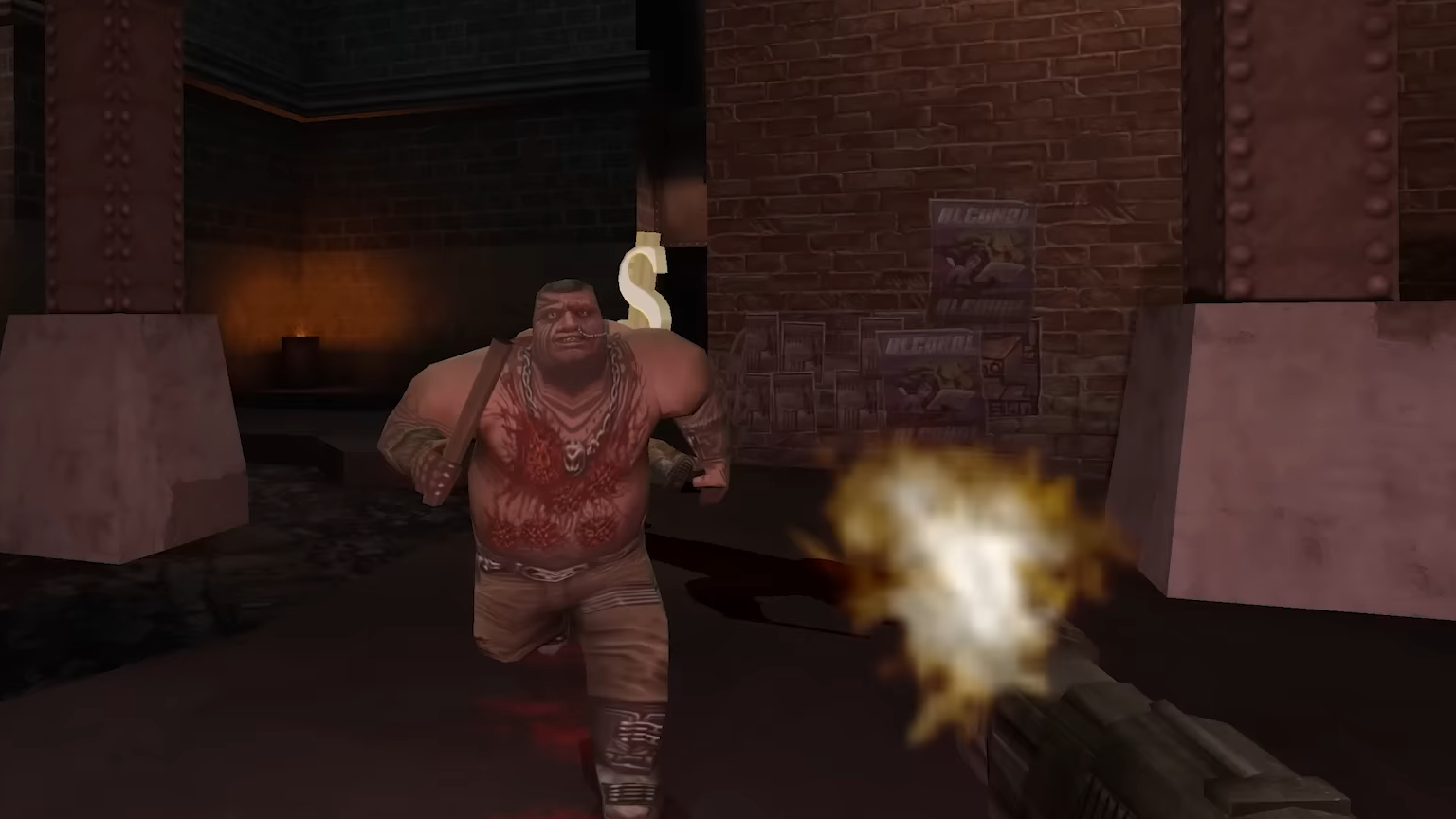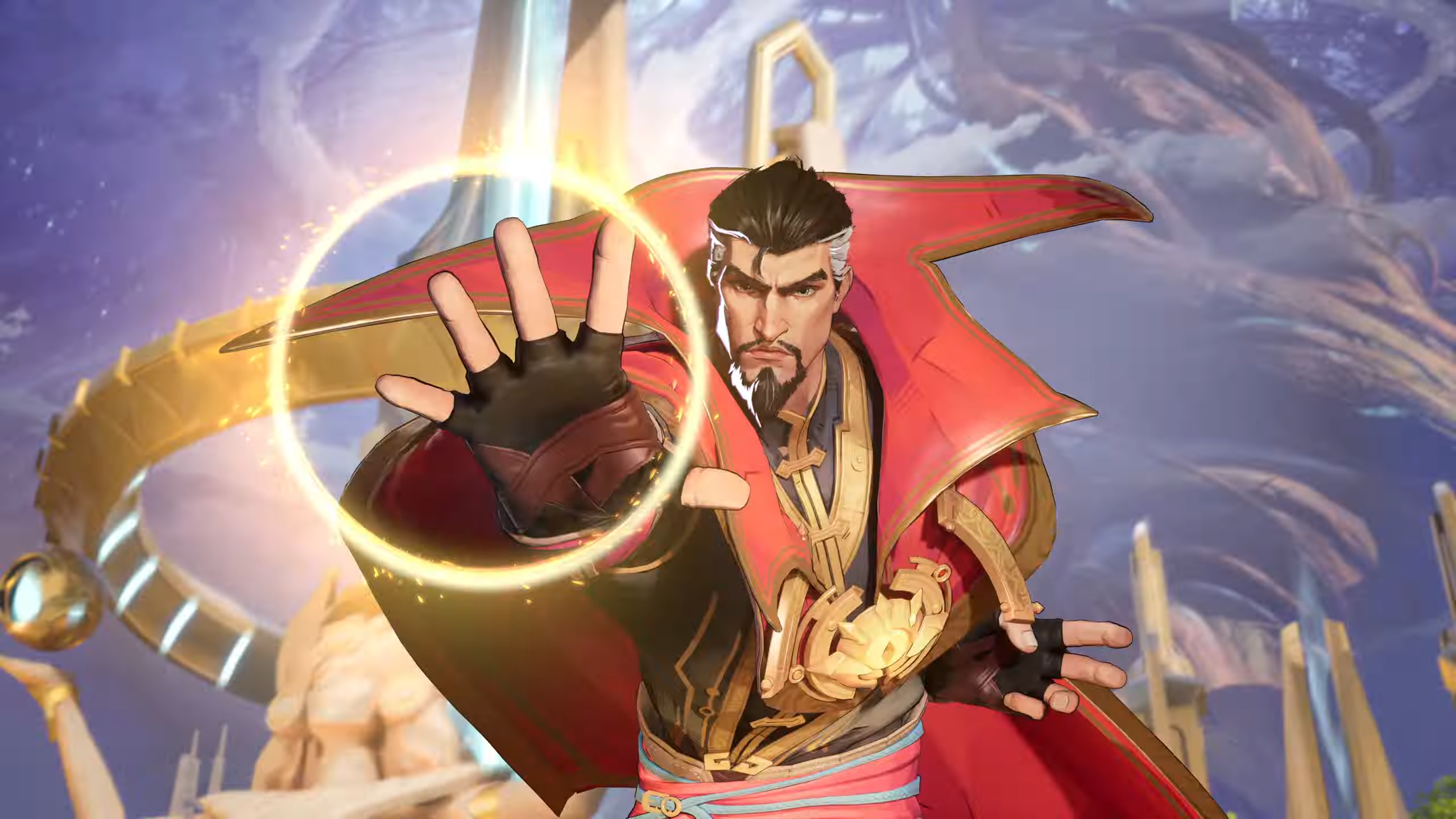Can I tell you something about myself? I’m a remaster sicko. Some part of my spirit resides eternally in 2004, which means whenever a game company comes out and says it’s going to bring something from a bygone era back in a subtly glossed-up form, I get embarrassingly excited about it.
It’s an excuse (and an easy way) to return to a classic, and important preservational work for plenty of games that would otherwise languish on dead consoles. It’s partially why I believe that full-blown remakes should always get weird with it: remasters are for fidelity, remakes are for subversion, alteration, left-field swings.
Plus, a decent remaster feels like the only way I’ll ever see Mercenaries: Playground of Destruction again, and there are some torches I refuse to stop carrying.
Be still my beating heart. (Image credit: Pandemic)
Which means I must have been a pig in the muck this year, right? We got revisits of all sorts of yesteryear bangers, and while companies like Nightdive continued to do the sterling work we expect of them (mostly, even that studio slipped up with Blade Runner) with remasters of Dark Forces and Turok 3, plenty of other touch-ups arrived shoddy, buggy, and downright broken.
Kingpin arrived mired in bugs and stutters, the MGS Master Collection—while not marketed as a remaster—nevertheless came out looking and playing worse than the original games it was porting, and even The Outer Worlds: Spacer’s Choice Edition (a remaster of a game from 2019!) got brutalised in the Steam reviews for its bugs and performance issues, many of which remain in diminished form, I can tell you from recent experience.
(Image credit: Private Division)
And look, sure, there can be understandable reasons for it. Kingpin, for instance, is yet another old game whose source code has gone AWOL in the years since its release, but I’m not sure that matters. There’s just not really an excuse for selling a remaster of a game—some kind of gussied-up and supposedly definitive version—that plays objectively worse than the original version, and looks worse than the original version plus one or two easily attainable fan patches.
Technical issues aside, I think at the heart of the issue is a kind of ideological division. There are studios who approach remasters as a kind of easy lay-up to gin up some cash while longer projects bubble away on the stove. Sometimes that’s fine, it rarely produces mind-blowing restorations, but it can mean getting gamepad support for an older title and the ability to play in modern resolutions without downloading mods. Sometimes it means dev teams are under-resourced and forced to put things out in a hurry, which rarely ends well.
There’s just not really an excuse for selling a remaster of a game… that plays objectively worse than the original version
And then there’s Quake 2, whose remaster released in August and which hasn’t left my hard drive since. This is what a remaster is meant to be, man. It’s a loving collection of every bit of Quake ephemera Nightdive could get its hands on presented in a sort of museum-grade collection. One part love letter, one part preservational effort, one part museum piece, all Bitterman, baby. It regards the original game with infinite respect and juggles the twin tasks of pleasing old fans with a light touch while simultaneously teaching The Kids about the game’s importance.
(Image credit: Bethesda Softworks)
It’s an approach mirrored by things like the Command and Conquer Remastered Collection, which had a similar level of reverence for the originals it was working on, and I hope, in 2024, that approach serves as the industry’s north star. Old games deserve respect and preservation—most of them, anyway—and as a terminal nostalgic it does my heart good to see them brought into a present in a way that not preserves but reveres their weird quirks and outdated systems. How else will those damn kids know what they’re missing out on?











